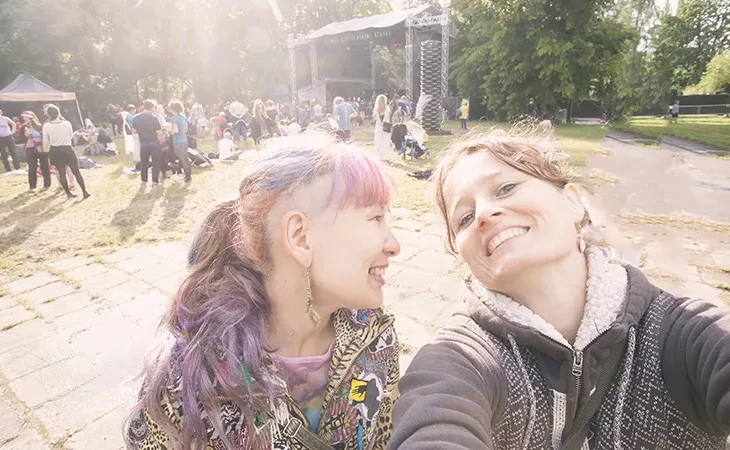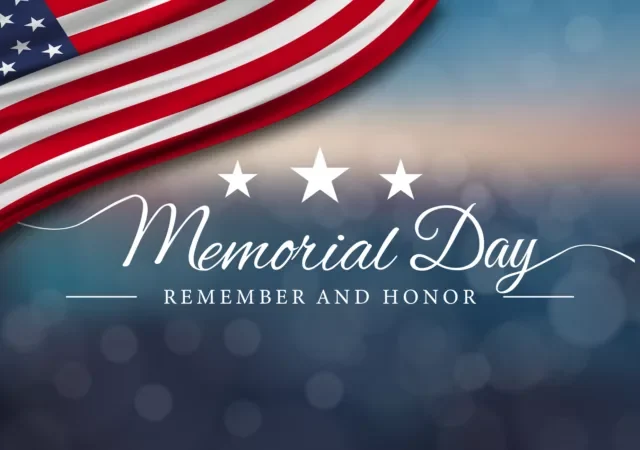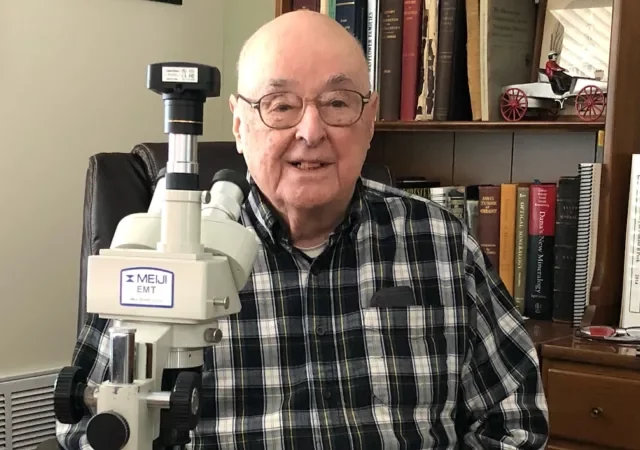Whenever a historically significant event occurs, particularly a dramatic one, people think of where they were and what they were doing when it happened. Or, more precisely, how they heard about it. Think the Kennedy and Martin Luther King, Jr. assassinations, the Challenger explosion, Princess Diana’s fatal car wreck, September 11 th .
Almost every generation was alive during a monumental event or notable period. For those no longer with us, it was the American Revolution, the Civil War and Lincoln’s assassination, World War I, the sinking of the Titanic. For later generations, it was the Great Depression, the Hindenburg explosion, Pearl Harbor and World War II.
Not all events throughout history are tragic, however. Many of them are legendary celebrations and momentous occasions. One such event, the landing on the moon , celebrated its 50 th anniversary on July 20 th . Another, the radical Woodstock festival, will also celebrate 50 years on August 15 th .
Why do we so often remember precisely where we were when certain events occurred? Coined “flashbulb moments” in a 1977 study, sharp recollections of our own place during these times are associated with something we deem significant. We feel a personal or cultural connection to the event that results in an intense emotional reaction to it.
Noting or celebrating the anniversaries of historically significant events is important, even for the not-so-joyous ones. It’s a way of putting a pin on the calendar to remind us that something matters to us personally and that we are part of the continuum of history. It also encourages us to reflect upon a day, incident or era that we experienced in our own unique way. Remembering the past can be a means to understanding who we were, and who we still are.
Many of us can recollect the black and white, staticky images of Neil Armstrong’s boot on the surface of the moon in 1969 the thrill and unimaginable feat of traveling 238,855 miles into uncharted territory in a rocket ship blasted into space. Fifty years later, it’s still unfathomable, and almost impossible not to ponder our lives at that time, the shape of our world and the possibilities for the future. Several residents at GreenFields were excited to share their own memories of that famous day in history.
While in fact Woodstock was a music festival across three wild days in New York in the summer of 1969, it was really more of a cultural statement and symbol of changing times, free expression, free love, and a move away from the stringent social mores of earlier decades. Were it “only” a music festival, it may well have been long forgotten in our collective memory.
For the 50 th anniversary of Woodstock, residents and friends of GreenFields took a special trip down memory lane when impersonator Ellie Carlson presented ” I Was THERE, Man: Woodstock’s Golden Jubilee .” Her show brought the fantastic three-day-turned-into-four festival to life with singing and interactive dialogue. Residents sat in clusters meant to represent the campsites of those who attended the festival. After the “Ellie Presents” program, they enjoyed a Woodstock-themed “Thirsty Thursday.”
Residents at GreenFields, many of them veterans of war, represent priceless living history, as they can share their stories in a way that no written document can. And while they were young people during many of the major times and events that shaped our world, they are ever-evolving, learning and adapting to modern advancements and looking hopefully to the future.


